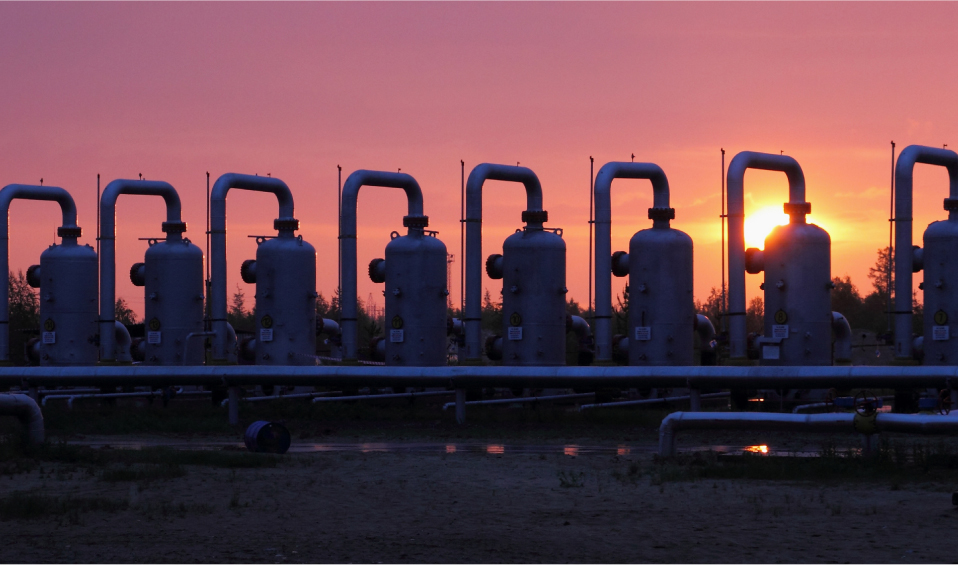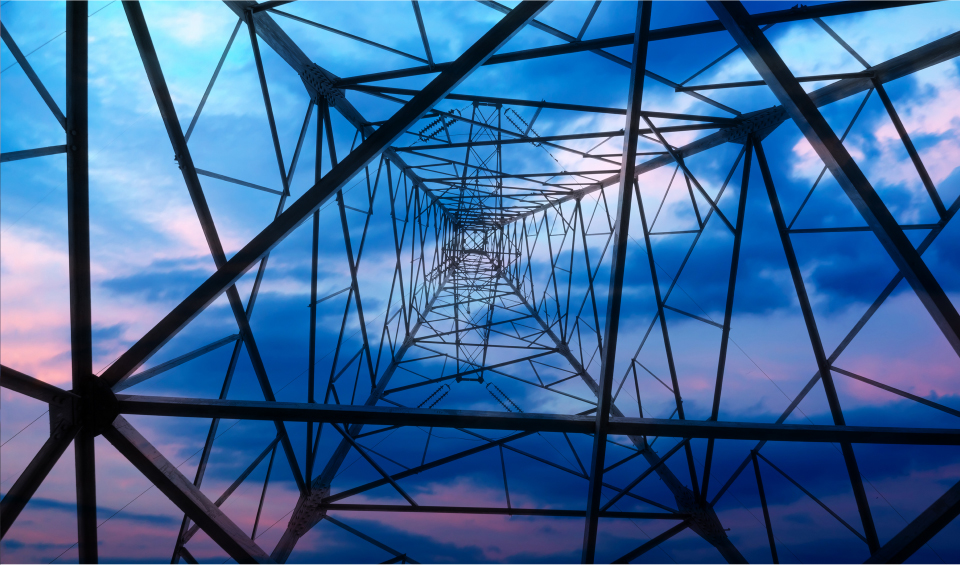
Thanks to ESCP Business School's Energy Management Centre wide network in the academic and business communities, our views on energy news give you comprehensive insight into energy issues.
Please join us...
Increased price and supply risk in the British gas market this winter suggest a need to further diversify sources of gas supply. The UK does not need to look far however, as homegrown shale gas is a way to lessen the risk premium on gas in future winters.
Before discussing shale gas, it is worth examining the situation the UK faced regarding gas prices this winter. According to broker prices compiled by Bloomberg, the first two weeks of February witnessed the highest price swings in day-ahead gas, as measured by 30-day historical volatility, since fall 2009, with price swings more than tripling over that period (Brown and Farey, 2012). Strong Asian natural gas demands and cold weather which strained on-hand gas supplies had no direct effect on consumers during this two-week period, but it certainly complicated energy utilities' efforts to supply electricity at stable prices.
Europe's shale gas landscape presents risks and opportunities over the next 10 years. As interest in developing a European shale industry expands, it is imperative that investment and partnering decisions are guided by an appreciation of risks that are of greatest consequence to the business strategy.
For many reasons, such as being the world's largest country, possessing vast natural resources and having a population of over 150 million people, Russia possesses good opportunities of investment for foreign companies. However, Russia also has a dynamic, unique, challenging and, sometimes, difficult to understand business environment that has caused problems for many foreign firms. As a result, businesses tend to perceive doing business in Russia more as a risk than an opportunity, and BP knows this - its difficult experience in partnering with its Russian counterpart illustrating this reality.
The Yukos dispute is perhaps simply the beginning of an evolving EU/Russia energy relationship, with the past relationship defined by mutual dependency; Russia needed to sell gas and oil to the EU, and the EU required Russian fossil fuels to power its economy. Russia's heavy dependence on high prices for fossil fuel exports maintains its current economic and political system, and it cannot easily withstand any diminishment in leverage over customers. However, leverage is not the only defining aspect of this relationship: for legal and value-based decisions, Europe could limit future opportunities to find negotiated solutions, turning what might have been minor issues in the past to enduring major obstacles in the future.
Article written by Lucie Roux, Research Associate at the Energy Management Centre, from the Conference dated of 15th February 2013 at ESCP Business School London. Guest speakers: Dr Maxi Scherer - Special Counsellor at Wilmer Hale and Senior Lecturer at Queen Mary and Prof Alan Riley - City Law School, City University London, and Associate Research Fellow, Centre for European Policy Studies, Brussels. Moderator: Dr David Chekroun, Professor of Energy Law at ESCP Business School.




527 Finchley Road
London NW3 7BG
United Kingdom
Tel: +44 (0)20 7443 8800
Fax: +44 (0)20 7443 8845
E-mail: [email protected]










